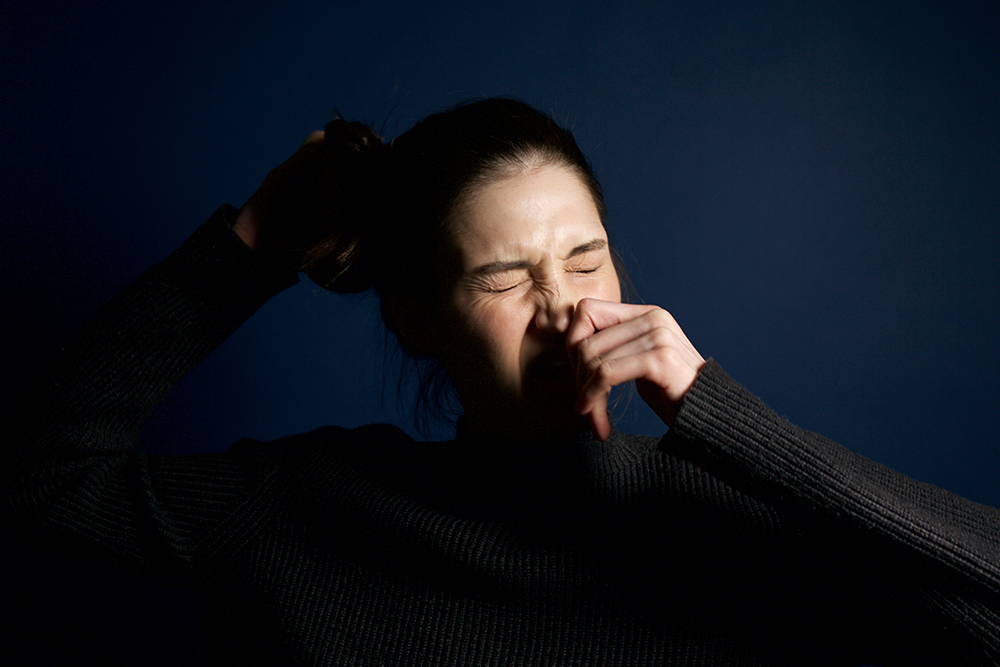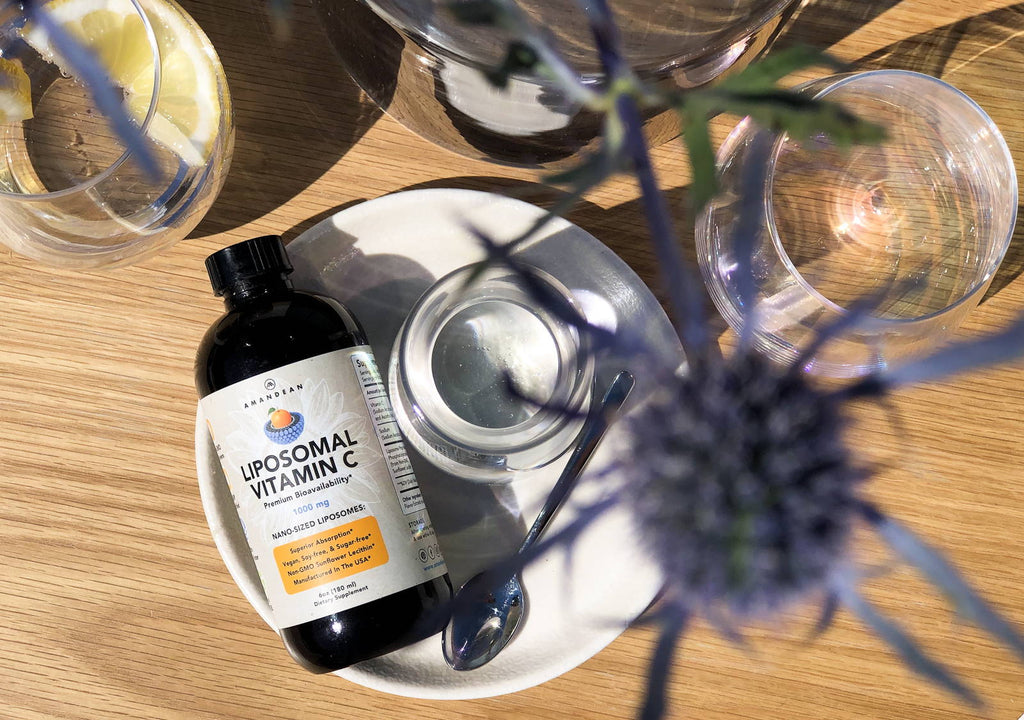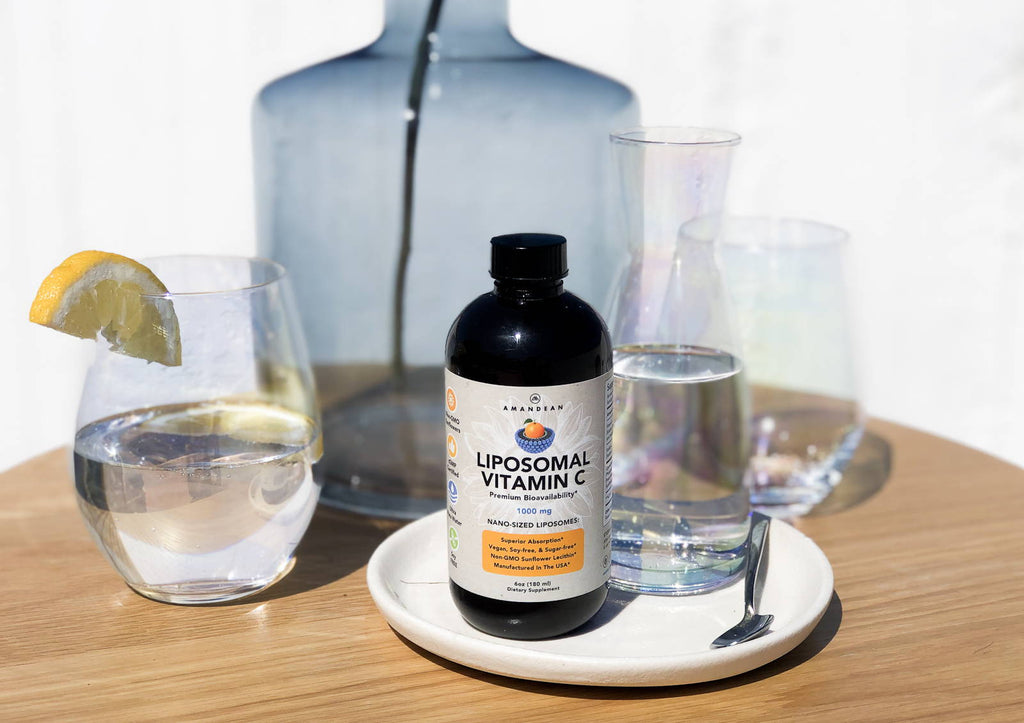Your Cart is Empty

January 31, 2019 6 min read
Sometimes using prescription meds to manage a health condition is just as uncomfortable or painful as the condition itself! When choosing the proper medication for a condition, a pharmacist should weigh the benefits of using this drug versus its adverse events, and the best choice for the individual should ensure more positives than negatives or it's not the right option. It’s that simple.
Case in point: an individual uses a drug to treat a urinary tract infection and although the medication cured its infection, it caused an acute liver failure as a side effect. Eeek! The dark side of chemically synthesized drugs is one of the major incentives for research institutions with millions of dollars budget to findbetter formulas with a less adverse side. Let it be known, however, that there is still no existence of a drug with ZERO side effects.

Here’s an example. Many of us have suffered from some kind of allergy or allergic reaction at some point in our lives; a cough, food allergy, watery eyes, or other symptoms for which we’ve dashed to the doctor for help. Often pharmacists will warn us of side effects like drowsiness from taking an anti-allergy drug. If we’re lucky, we’ll get a non-sedative form of an antihistamine for example, but even these still come with their own bevy of hazardous effects on our health.
For this reason, we can be thankful for the presence of morenatural, holistic options that quite literally cut out the side effects altogether. Really? Yes. Really. Meet the superhero of effective vitamins, “liposomal vitamin C”. If you’re currently suffering from allergies or managing mild dermal urticaria or even the much complicated respiratory allergy “asthma”, Liposomal Vitamin C can help.
Let’s discuss.
At the core of the matter, it’s simply about the health of our immune systems. When an allergen “could be pollen, molds, dust or even tobacco smoke” interacts with membrane-bound IgE “antigen” on the surface of the mast cell “immune cell”, this trigger degranulation of the mast cell; which is the release of preformed granules that include molecules of histamine, tryptase and membrane-derived lipid mediators leukotrienes, prostaglandins, and platelet-activating factor (1).
If mast cell degranulation takes place in the nose, histamine will mediatesneezing, mucus secretion, pruritus, and mucosal edema. By contrast, if the allergen contacts mast cells in the airways, histamine’s release will cause bronchospasm and edema (2).
While histamine triggers a vastimmune reaction as a result of contact with allergens, the other part of allergies, namely the inflammatory reaction, is mediated primarily by leukotrienes. This is why most generic, over-the-counter anti-allergy medications act either as anti-histamines or leukotriene inhibitors. Who knew!?

A recent study has broadened our horizons regarding the molecular mechanisms underlying the pathogenesis of allergies. The review found that during the acute stages of allergic diseases, which could be related to the respiratory pathways or the skin, there is an overproduction of reactive oxygen species (ROS). Furthermore, it supposes that ROS trigger mast cell degranulation and the release of histamine, and hence oxidative stress can be a critical contributor to the development of anallergic reaction(3).
As is the case with all health conditions, effective management depends on a better understanding of the underlying mechanisms, and how to target them. Thus, if we can find an agent that acts as ananti-histamine, anti-inflammatory, and antioxidant all at the same time, we’ve pretty much hit the jackpot. Liposomal Vitamin C can do this and more, as it has no known side effects on its host and only benefits for just about every cell in the human body.

Vitamin C is synthesized in the liver for most mammals, but not by humans. It is noteworthy that humans are one of the few animals that don’t produce vitamin C on their own. Instead, we need toingest vitamin C to survive.
Vitamin C has many physiological roles in the body. First and foremost, this nutrient acts as a cofactor for the synthesis of collagen, the protein responsible for maintaining connective tissue integrity. Furthermore, vitamin C is involved in many other non-enzymatic reactions including histamine degradation, glutathione recycling, and free radical scavenging (4).
Understanding the physiological role of vitamin C makes more clear why it’s so effective in managing allergic conditions and their multiple mechanisms.
Vitamin C can help to manage to alleviate allergy conditions diseases by performing its role as an anti-histamine andantioxidant at the same time. It is well established that vitamin C mediates the destruction of histamine, while several scientific reports have concluded that there is an inverse relationship between the level of blood histamine and vitamin C status (5). Many studies have handled this relation from different perspectives so let’s examine these findings.
A longer-term study has been established to examine the effectiveness of vitamin C in treating allergies improvements to allergy symptoms such as pruritus, rhinitis, and restlessness, as well as non-specific allergy symptoms such as fatigue, sleep disorders, depression, and lack of mental concentration. The study also measured improvements to any type of associated pain, findings were impressive as vitamin C showed to reduce disease-specific symptoms by 98% and of the included patients 93% were symptom-free by the end of the study.
The study also revealed that vitamin C reducednonspecific symptoms in patients with respiratory and cutaneous allergic conditions by >90%. These effects mediated by vitamin C are attributed to the fact that the nutrient acted as an anti-histamine. In addition, associated pain was reduced with a comparable ratio to symptoms reduction.
54% of the vitamin C-treated patients didn’t take any other allergy-related medication during the study demonstrating that vitamin C alone has done a lot of positive work to help candidates reach a symptom-free state with zero side-effects(6).
A second study demonstrated that vitamin C helped to reduce the required corticosteroid dose to control asthmatic symptoms and thus minimized exposure to corticosteroid side effects. “Any natural component capable of reducing hypertension, hyperglycemia, and immune-suppressing adverse effects of corticosteroid would be very advantageous and this is the importance of using vitamin C” (7).
As awater-soluble vitamin, Vitamin C is not very effective in its traditional forms; tablets, powders, or pills.
Needless to say that “oil and water don’t mix together” and as cell membranes are made from fat, the passing of vitamin C through these membranes will be hindered and the end result will be lower rates of cellular uptake and utilization. It is estimated that supplementing regular vitamin C provides a lower absorption rate by 70 fold comparable to intravenous bioavailability rate (8).
The advent of medical research has led to a revolutionary new formula known as Liposomal Vitamin C. Liposomal vitamins have a similar composition to the way that the cellular membrane has evolved. The liposome itself is is a nano-sized sphere that’s composed of two parts; a water-soluble part that attaches to water-soluble vitamin C and a fat-soluble part that allows for compatibility with the cellular membrane. Thisinnovative technology has helped to enhance absorption of the nutrient to great extent compared with regular forms(9). It is superior to regular forms that suffer from poor absorption capacity and more convenient and economical for your daily routine than an IV infusion for example.
In conclusion, the next time you're facing the challenges of managing an allergic condition, be certain to have Liposomal Vitamin C. Its impressive all-natural health benefits and lack of unwanted side effectsmake it one of the best vitamins you can take for your overall health and allergy symptoms. Discover Amandean’s all-natural non-GMO Liposomal Vitamin C as a premium brand and high-bioavailability formula in our online store.

Take our quiz and find which supplements your body is craving.


October 17, 2025 8 min read
Find out why creatine is better for vegans! Boost your wellness game and unlock peak performance with Amandean's premium supplements today.

October 16, 2025 7 min read
Learn whether collagen in coffee is just another wellness fad. Examine the facts, benefits, and how to use collagen in coffee for beauty and joint support.

September 22, 2025 9 min read
Unlock the full benefits of creatine for women. Boost energy, beauty, and brainpower with Amandean’s clean formulas.